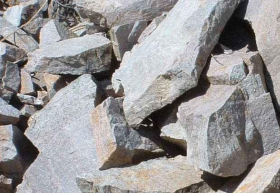Study suggests new method for obtaining gas from shale beds could be more harmful to the environment than coal

Shale gas refers to gas obtained from shale beds through a new and more complex process of hydraulic fracturing or “fracking”.
“Fracking” consists of blasting water, sand and various chemicals into a shale bed two to three kilometres below ground, to fracture the rock and mobilise the gas.
A study conducted by US researchers has concluded that this process harms the climate more than current conventional gas, and could be more harmful than coal.
This is due to the shale gas extraction releasing substantial amounts of greenhouse gas methane into the atmosphere. The gas also releases CO2 when being burned.
Current projections suggest that in 25 years, shale gas will make up half of the United States’ natural gas output. Many other nations are also pursuing shale gas technology.
The first trial fracking in the UK took place in Lancashire last month.
